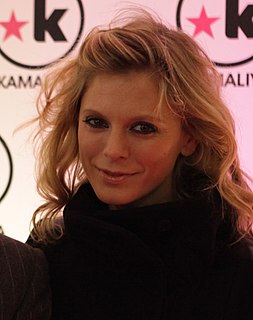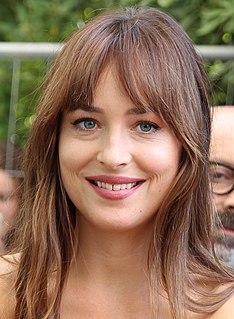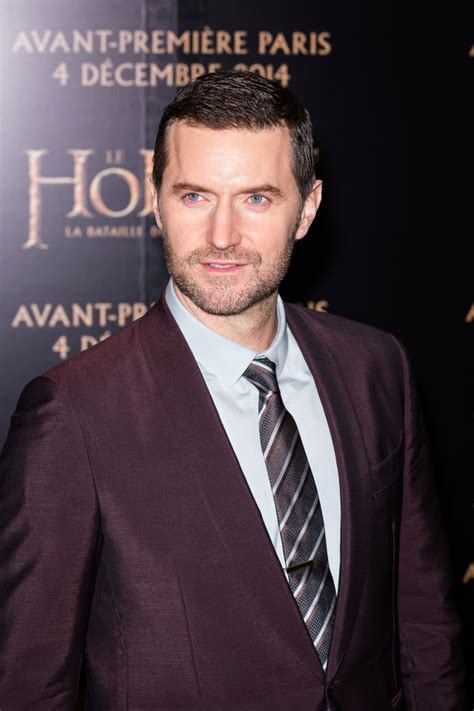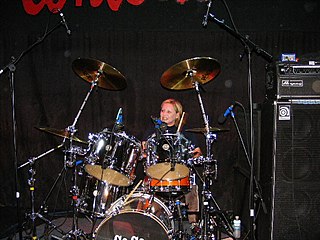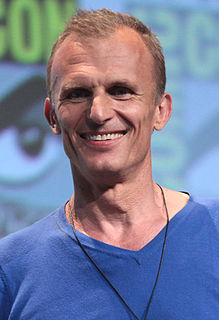A Quote by Emilia Fox
I didn't realise my upbringing was unusual until my teens. As the child of two actors, I presumed that visiting film sets and being surrounded by colourful characters was normal.
Related Quotes
I try and shoot as often as I can, I cross shoot. I have at least two cameras rolling at the same time. So I'll have two actors or two sets of actors at a time so everybody's basically on camera. So when they improvise we have everybody's coverage. And you can then go in the editing room and find the energy still stays there.
It makes it very easy. I have a beginning, middle, and end, and I don't film for long - about 20 hours usually for a two-hour film - so it's easily watchable in a week for me and the editor. Once I know who the characters are, I only film those characters, unless somebody else forces their way into the film by a scene happening to them or we meet them by chance.
I love my situation as a spectator. The actors are only a little bit ahead of the audience. The audience discovers the episode when it's screened, but we actors only discover the episode when we get the script, two weeks ahead of shooting. Until then, we know nothing of the evolution of our characters.
